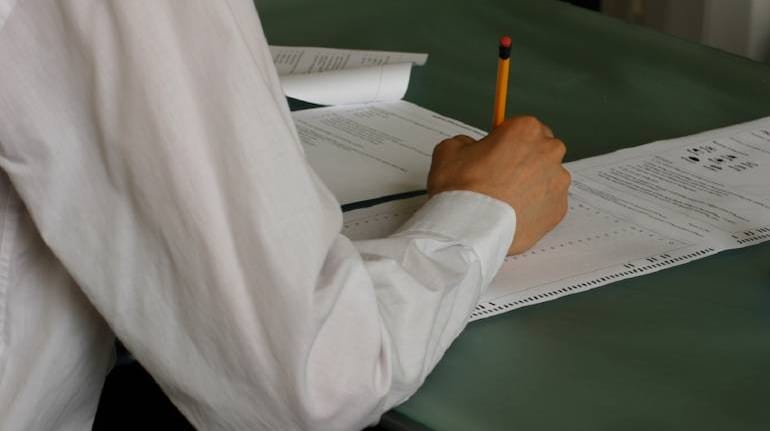Schools affiliated to West Bengal Board to promote students of Class 6-9 to next class
"However whenever the school opens and classes begin regularly, the teachers will have to first revise the old syllabus completely in the interest of students," before taking up any new chapter, a board official told PTI on Tuesday.
PTI
Dec 8, 2020 / 04:18 PM IST
The West Bengal Board of Secondary Education has decided to promote students of class 6 to 9 to the next class without any annual examination in schools affiliated to the WBBSE due to the COVID-19 situation in the 2020 academic year.
In a letter to headmasters of the state-run and state-aided schools on December 7, WBBSE said for the 2020 academic session, students from class 6 to 9 will be promoted to the next class automatically without any annual exams till the pandemic situation prevailed.
"However whenever the school opens and classes begin regularly, the teachers will have to first revise the old syllabus completely in the interest of students," before taking up any new chapter, a board official told PTI on Tuesday.
Referring to the government's decision about not holding the selection test for Madhyamik (class 10) candidates next year, the board asked the schools to ensure it is implemented.
Follow our LIVE blog for the latest updates of the novel coronavirus pandemic
"However, for the sake of preparedness by the students, the schools can hold mock tests if deemed necessary," the official said.
There is no word or advisory on the part of state government about the possible date of reopening of schools.
Education Minister Partha Chatterjee recently said the government will take a call on the issue after the COVID-19 situation improved.
Chatterjee had further said that as recommended by the syllabus committee, 30 per cent of Madhyamik (Class 10) and Uchha Madhyamik (Class 12) curriculum will be curtailed as the pandemic forced the closure of campuses since the third week of March.
Follow our full coverage of the coronavirus pandemic here.












_2020091018165303jzv.jpg)



























